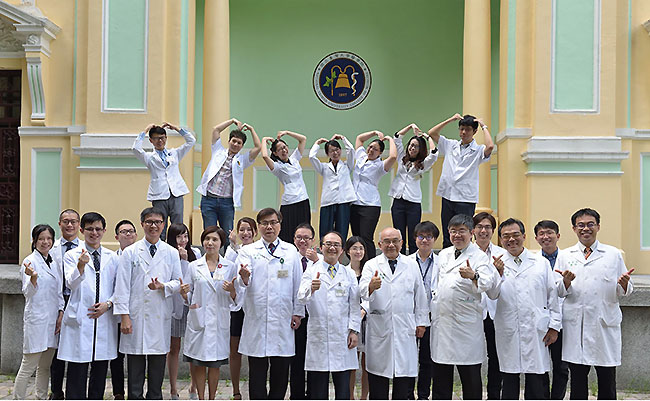Department of Family Medicine, College of Medicine, National Taiwan University
Department of Family Medicine was founded in response to the government's urgent call for a healthcare system in remote areas and to foster general practitioners and promote family medicine. In 1979, the National Taiwan University Hospital initiated a training program for general practitioners. Six years later, in 1985, the College of Medicine of National Taiwan University incorporated family medicine into its core education curriculum. In August of that same year, the Ministry of Education officially established the Department of Family Medicine.

Healthcare Focus
Our Department emphasizes a holistic approach to patient care, integrating biological, psychological, and social aspects. We prioritize preventive medicine and community-oriented primary care to ensure comprehensive, cost-effective, and consistent healthcare services.
Medical Training
Our training programs focus on the doctor-patient relationship, medical ethics, and providing a broad, patient-centered perspective. We prepare medical students to understand common diseases and adopt a professional attitude that considers the bio-psycho-social aspects of health. We emphasize caring for patients with a broad perspective, open-minded approaches, and incorporating preventive medicine into general practice.
Research Excellence
- As a leader in family medicine, our Department conducts innovative research to advance primary care quality. Our research spectrum is diverse, encompassing:
- Biological Medicine: Studies on hypertension, diabetes, obesity, and pharmacology.
- Behavioral Medicine: Research on stress management, quality of life, and psychological evaluation.
- Preventive Medicine: Focus on smoking cessation, immunization, and community health promotion.
- Palliative Medicine: Forming an international research network in palliative medicine.
Future Directions
Moving forward, we aim to develop a robust family physician system in Taiwan further. We will continue promoting community health initiatives, educating the public on significant health risk factors like smoking and obesity, and exploring the biological markers of psychosomatic diseases. Our research will also focus on depression prevention and advancing palliative care.
